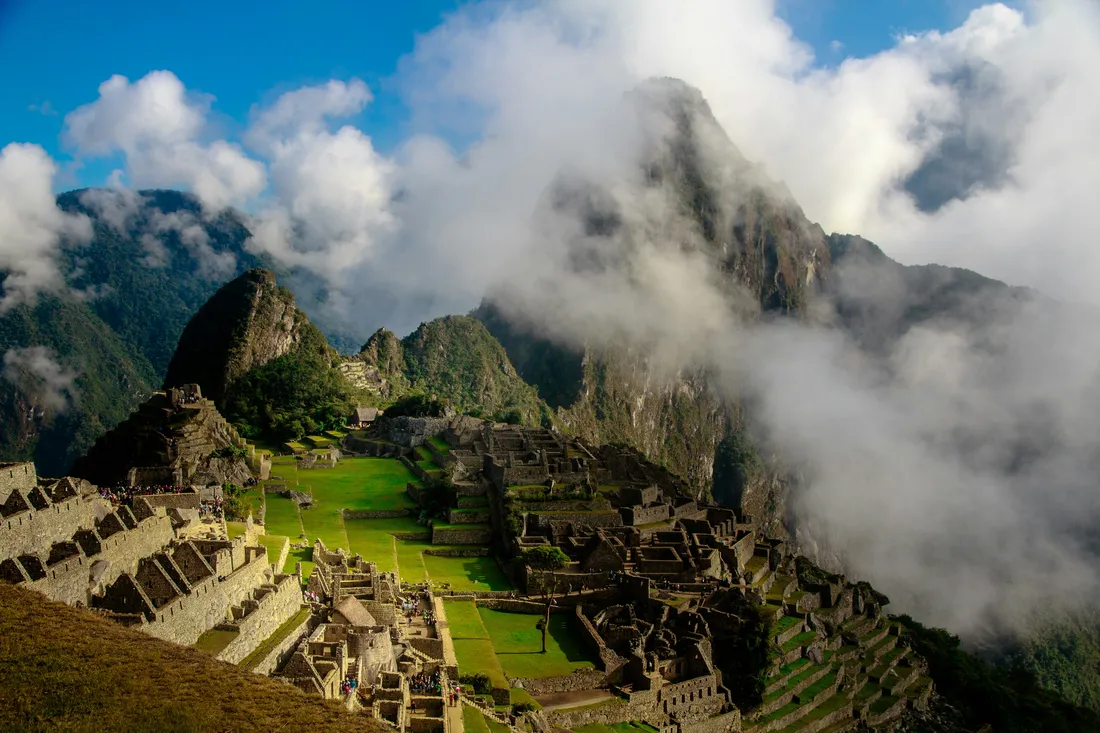
This initiative is designed to modernize Peru's economy, making it more robust against natural hazards while promoting sustainable development through technological advancements such as renewable energy, distributed generation, and electromobility.
Program Objectives and Impact
The program focuses on critical reforms to increase Peru's resilience, adaptation, and mitigation capabilities, thereby reducing the country's vulnerability to natural hazards. By supporting technological advancements, the initiative aims to attract private investment, create new value chains, and generate skilled jobs, which are essential for Peru's economic development.
Key sectors targeted include disaster risk management, territorial planning, renewable energy expansion, water supply and sanitation, electric mobility, and deforestation reduction in the Amazon. These efforts are crucial for reducing the impact of climate hazards on Peru's population, particularly the most vulnerable groups.
Economic Context and Challenges
Over the past two decades, Peru has achieved macroeconomic stability, transitioning to an upper-middle-income economy with a GDP per capita increase from $2,126 in 2003 to $7,790 in 2023. However, the country has faced a decade of relatively low growth, averaging 2.3% between 2014 and 2023, with significant poverty levels persisting.
In 2024, Peru's economy is recovering from a contraction caused by extreme weather events, social protests, and declining business confidence. The economy is projected to grow by 3.1% in 2024, driven by increased confidence, favorable mining export prices, fiscal stimulus, and relaxed monetary conditions.
World Bank's Strategic Support
The World Bank's Peru Country Partnership Framework for 2023-2027 focuses on inclusive and sustainable development, leveraging global energy transition opportunities and Peru's natural resources. The World Bank's active portfolio in Peru includes $2.7 billion in investment projects and development policy operations aimed at fostering a greener, more resilient, and inclusive economic recovery.
Issam Abousleiman, World Bank's Country Director for Bolivia, Chile, Ecuador, and Peru, emphasized the program's role in supporting Peru's transition to a resilient and modern economy, highlighting its potential to create jobs and enhance competitiveness through innovation and private sector investment.







